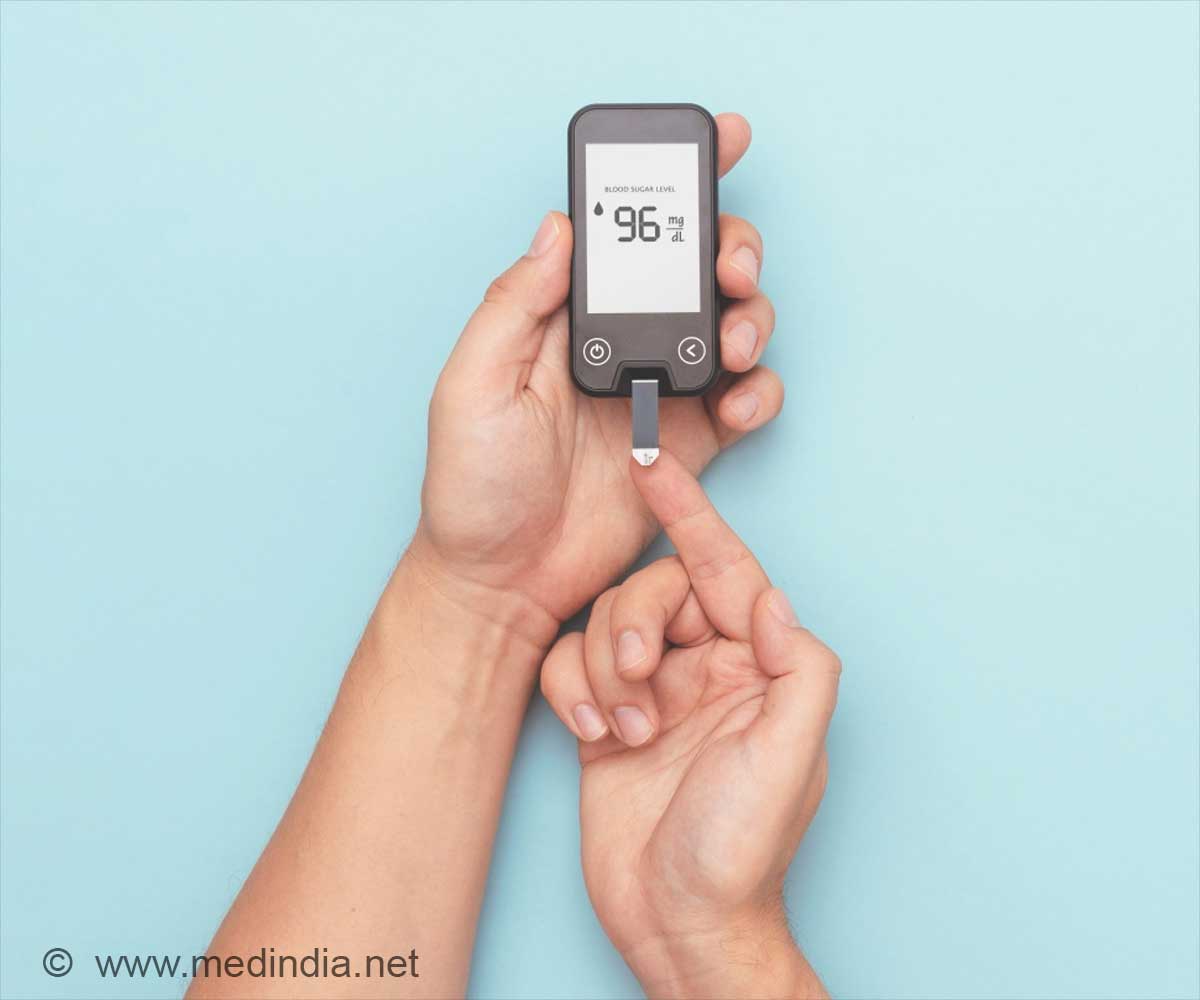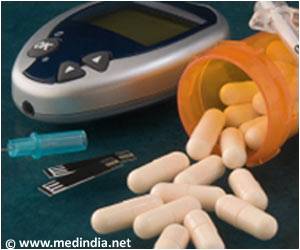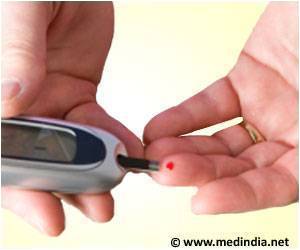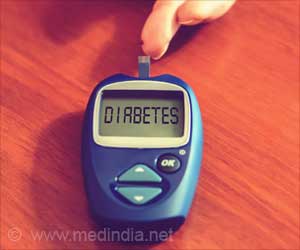A leading scientist of the Visva Bharati University has said that fat, not sugar, contributes to the more common Type-2 diabetes.

In the first type, insulin, the hormone responsible for breaking down glucose in the body for utilisation, is not produced in sufficient quantities, whereas in the latter type, insulin is sufficient but not active.
"Insulin is produced but it is not active, and we have shown the exact mechanism why this happens. This should aid in designing drugs for Type-2 diabetes, which is presently treated with drugs for Type-1 diabetes," said Samir Bhattacharya who headed the study at the Cellular & Molecular Endocrinology Laboratory of the Zoology Department of the university in West Bengal's Birbhum district.
In the breakthrough study published in the science journal "Nature," the scientists have zeroed in on the specific substance Fetuin-A, that can be a potential drug-therapy target.
Fetuin-A, a protein secreted by the liver, is produced in higher levels when there is excessive free fatty acids in the blood. It blocks fat uptake by cells - adipocytes - responsible for storing excess fat.
It links the fatty acids with a receptor, and this combination in turn releases substances called cytokines, a component of the immune system that helps in signalling or carrying messages between cells.
Advertisement
"Excess free fatty acids therefore hamper insulin sensitivity of cells, so it is best to avoid saturated fats as far as possible," concluded Bhattacharya.
Advertisement









